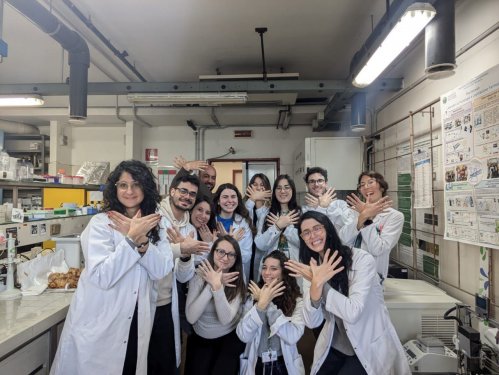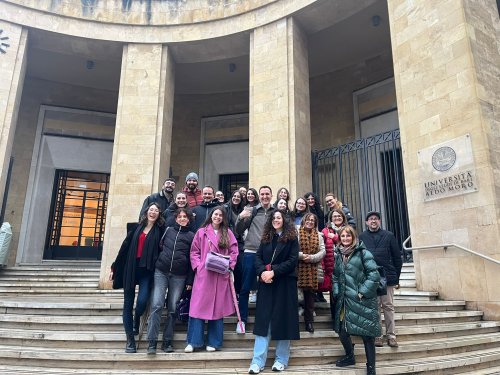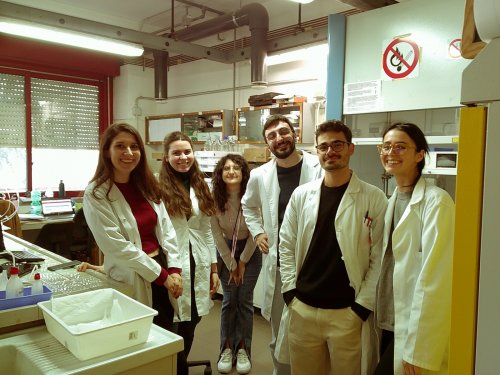We are delighted to underline the outstanding research experience of Iris Sulaj, who recently conducted a remarkable study at the Pharmaceutical Technology Laboratories (PhartecoLab) of the Department of Pharmacy - Pharmaceutical Sciences at the University of Bari Aldo Moro. Under the expert guidance of Professor Nunzio Denora, Iris focused her research on developing an innovative extemporaneous liquid oral formulation based on ursodeoxycholic acid (UDCA), a secondary bile acid known for its therapeutic use in treating liver diseases.
The history of UDCA traces back to ancient Chinese medicine, where it was initially used as part of a bile powder preparation derived from the bile of adult bears. Today, UDCA is well-known for its therapeutic effects in treating a variety of pediatric liver conditions, including cholestasis and biliary atresia. However, existing formulations are typically available in capsules or tablets, making administration challenging for pediatric patients. The development of liquid formulations could offer an ideal solution to this challenge, offering more flexibility in dosing based on the child’s age and condition.
Iris’s research aimed to create a solubilized UDCA oral liquid formulation using the innovative Wagner base, a ready-to-use vehicle developed in collaboration with Farmalabor Research Laboratories. This base was employed to optimize the solubility of UDCA and improve the consistency and ease of preparation, ultimately ensuring that the formulation met the required standards of safety, efficacy, and quality for pediatric use.
Through rigorous preformulation studies, Iris demonstrated that the Wagner base could successfully solubilize UDCA up to concentrations of 30 mg/mL at a temperature of 25°C. Stability studies conducted at varying storage conditions (4–8°C, 25°C, and 40°C) over a two-month period showed that the formulation remained both chemically and physically stable, making it an ideal candidate for pediatric use.
Iris's work represents a significant step forward in the development of more personalized and accessible treatments for pediatric patients, particularly in the field of pediatric liver diseases. This extemporaneous liquid formulation offers a simple, efficient, and stable solution that could greatly enhance therapeutic outcomes by addressing the unique needs of young patients.
We extend our heartfelt congratulations to Iris for her extraordinary achievement and significant contribution to the advancement of pharmaceutical research. Her work is a proof to the power of innovation and dedication in improving the quality of life for pediatric patients worldwide.




